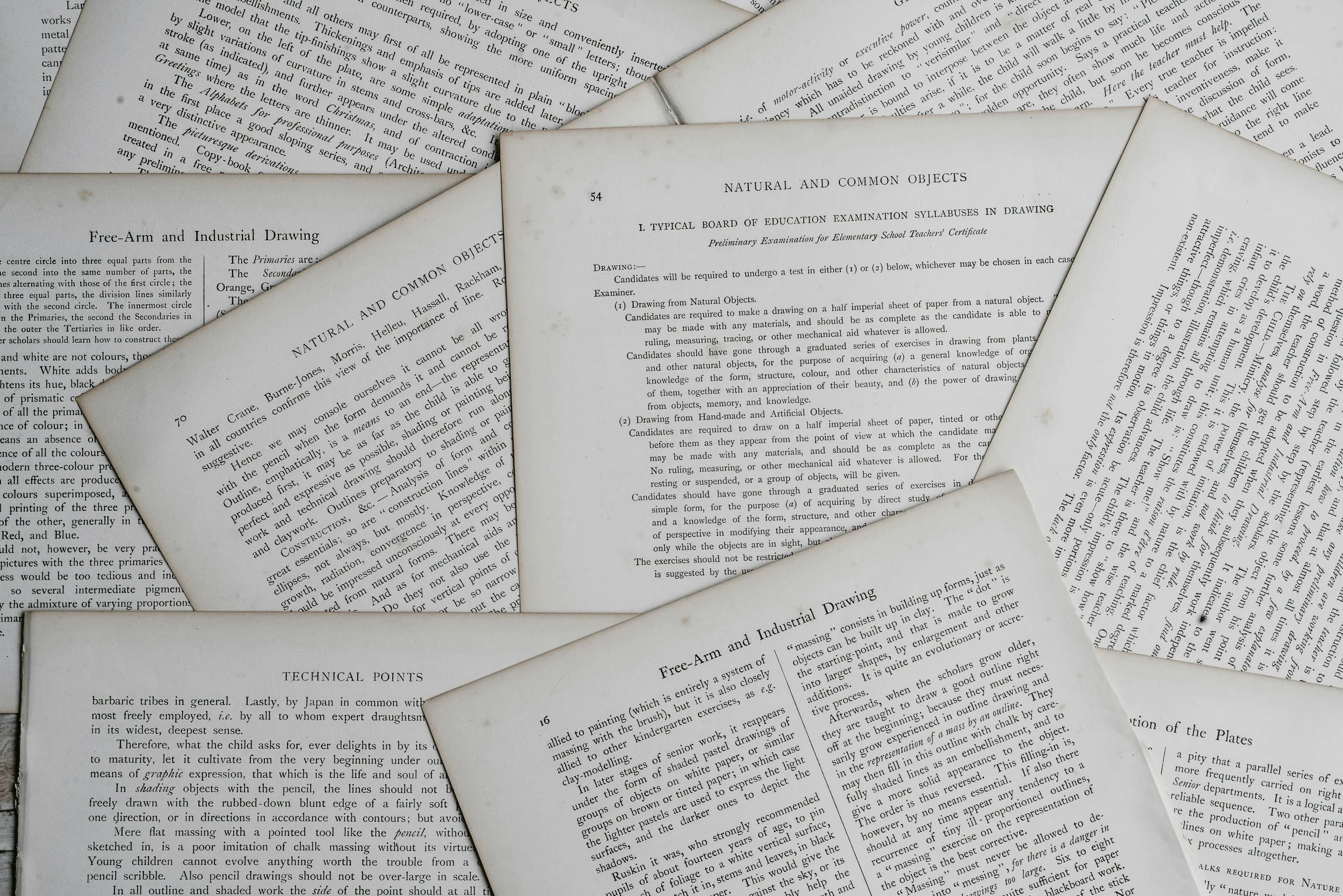Page 108
Job as the most complex poem from the ancient world. On the parallels between Job and other Ancient Near Eastern literature, see R. G. Albertson, “Job and Ancient Near Eastern Wisdom Literature,” in Scripture in Context II (ed. W. W. Hallo; Winona Lake, IN: Eisenbrauns, 1983), 214–30 and John Walton, Ancient Near Eastern Thought and the Old Testament (Grand Rapids: Baker Academic, 2006), 305–308. On the poetic structure and its intricacies, see Robert Alter, The Art of Biblical Poetry (New York: Basic Books, 2011) 105–138.
Page 109
The accuser (translated “Satan”) in the book of Job. See Heiser, Unseen Realm, 56 for a brief survey of “the accuser” in the Hebrew Bible and why it’s incorrect to associate the accuser here in Job with the mythological character Satan as he’s understood in the New Testament and early church. Heiser demonstrates well the connection between the accuser in Job and the label then given to the adversarial character set up in later Jewish and Christian theology.
Page 112
Categorizing the psalms in two groups. See Derek Kidner, Psalms 1–72: An Introduction and Commentary, vol. 15, Tyndale Old Testament Commentaries (Downers Grove, IL: InterVarsity Press, 1973), 17. I highly recommend Derek Kidner’s two-volume commentary on the Psalms as both an accessible and well-crafted journey through the entire book. Kidner provides insight into both the nature and function of Hebrew poetry and the theological richness of the psalter.
Page 112
Several of the songs come from the poet-king David himself. David is credited with psalms 2–32, 34–41, 51–65, 68–70, 86, 95, 101, 103, 105–106, 108–110, 122, 124, 131, 138–145. Whether or not he’s the actual author of each of those psalms could be debated, but the compilers of the book attributed them to the poet-king.
Page 113
Psalms that anticipate Yahweh’s provision and protection on the road. The psalms 120–134 for the “songs of ascent” which were likely songs composed for or sung by the pilgrims journeying to Jerusalem and the temple for feast days and holy celebrations.
Page 114
Yahweh made the world with wisdom. The writer of Proverbs 3 sets up wisdom as the primary tool Yahweh used in crafting the cosmic world (vv. 19–20, cf. 8:1–36), but that writer also predicates the usefulness of wisdom first on trusting Yahweh (vv. 5–6). Wisdom in the framing of the book of Proverbs is a celestial tool that humans can wield, but only insofar as God enables them.
Page 115
Yahweh’s commitment to humanity despite the corruption of the world. Interestingly, Yahweh’s people don’t hold a monopoly on wisdom. The book of Proverbs borrows heavily from foreign sages who articulated principles for how the world works. For example, the “thirty sayings” in chapter twenty-two of Proverbs come from an Egyptian sage who far predates even wise Solomon. The compilers of the book recognized that wisdom is for everyone and even those outside the people of Yahweh can sometimes perceive Yahweh’s design for the world.
Page 117
A voice that tries to soften what the teacher says. On the presence of a second authorial voice, see Michael Fox, “Frame-Narrative and Composition in the Book of Qohelet.” Hebrew Union College Annual 48 (1977), 83–106. Fox argues that the teacher (Qohelet) and the second author are the same person—that the teacher persona works as a vehicle for making the argument, where the second author of the epilogue offers a kind of concluding insight into what he’s posited through the voice of the teacher.

